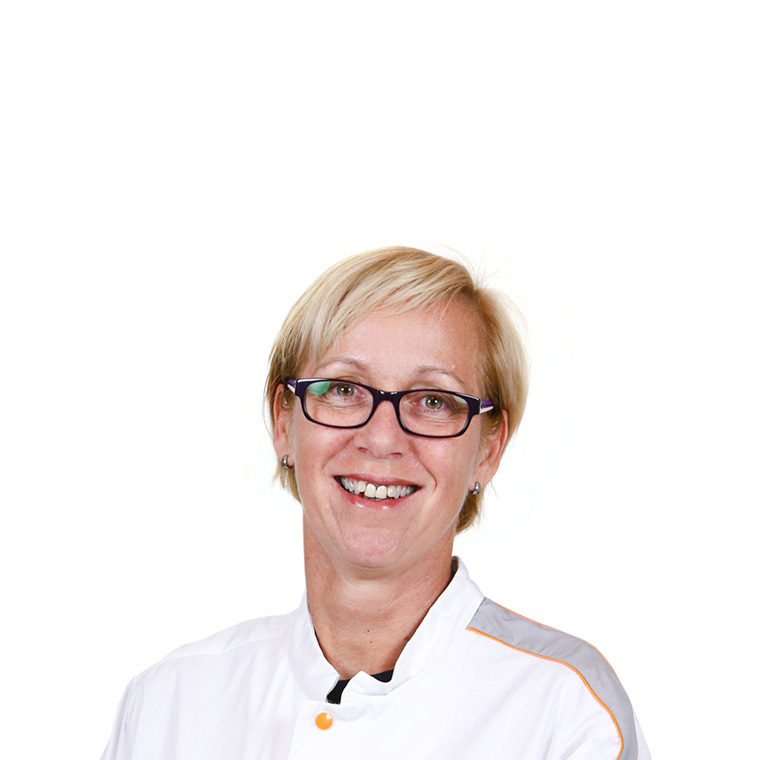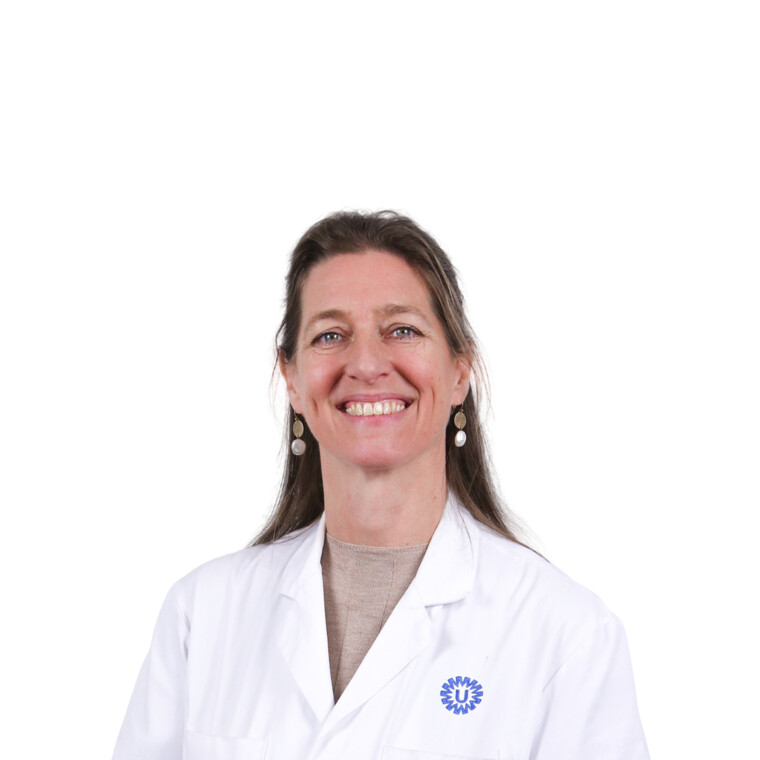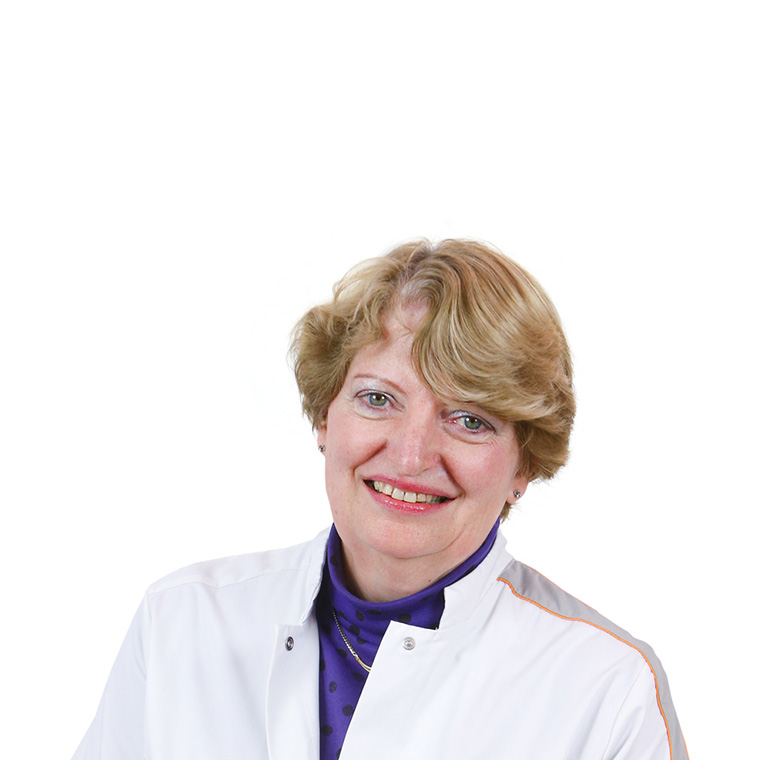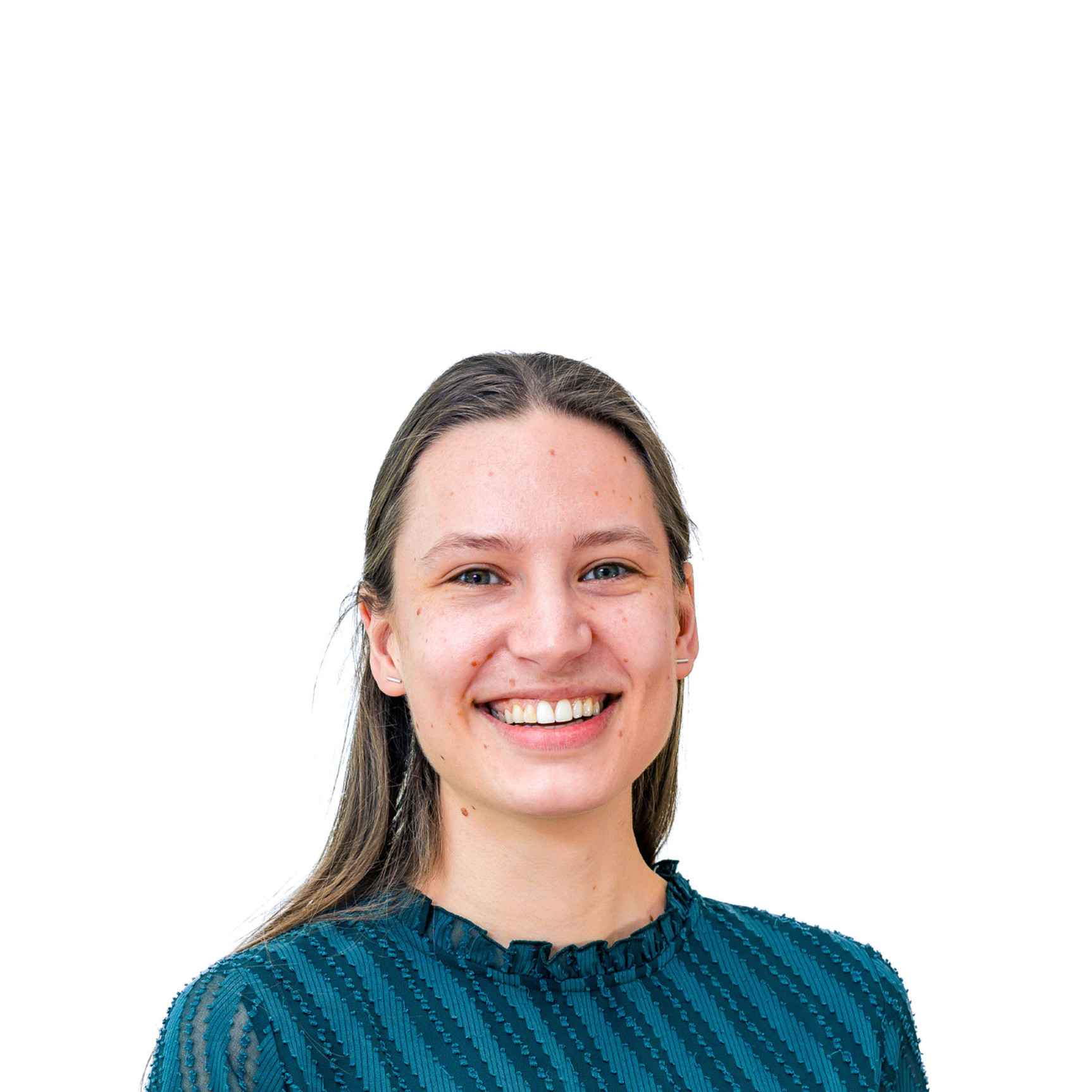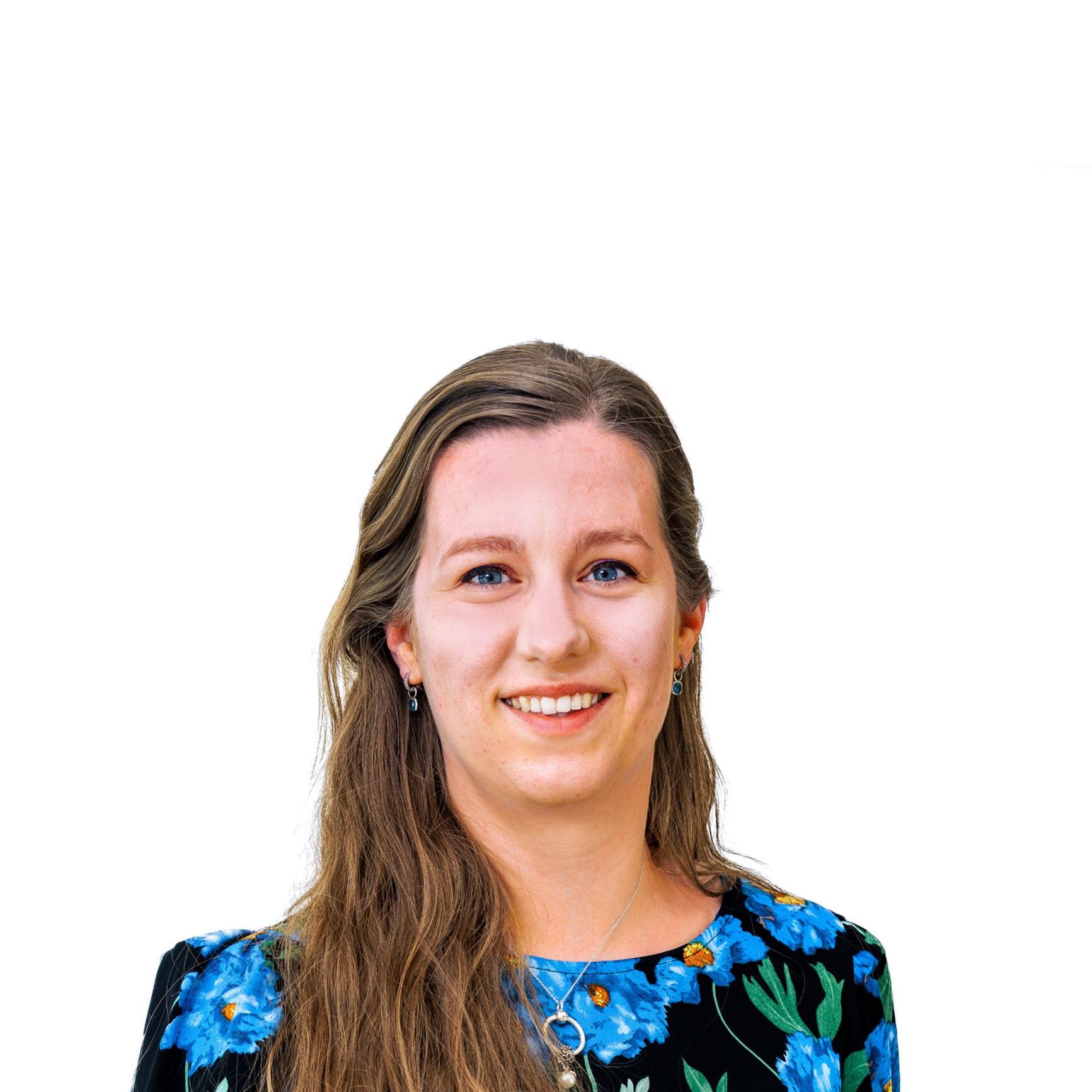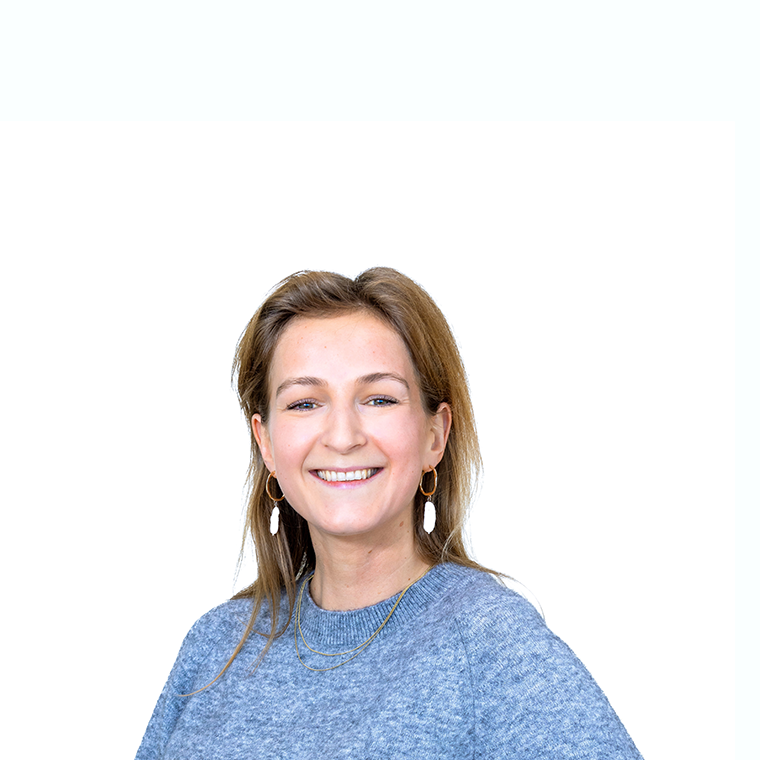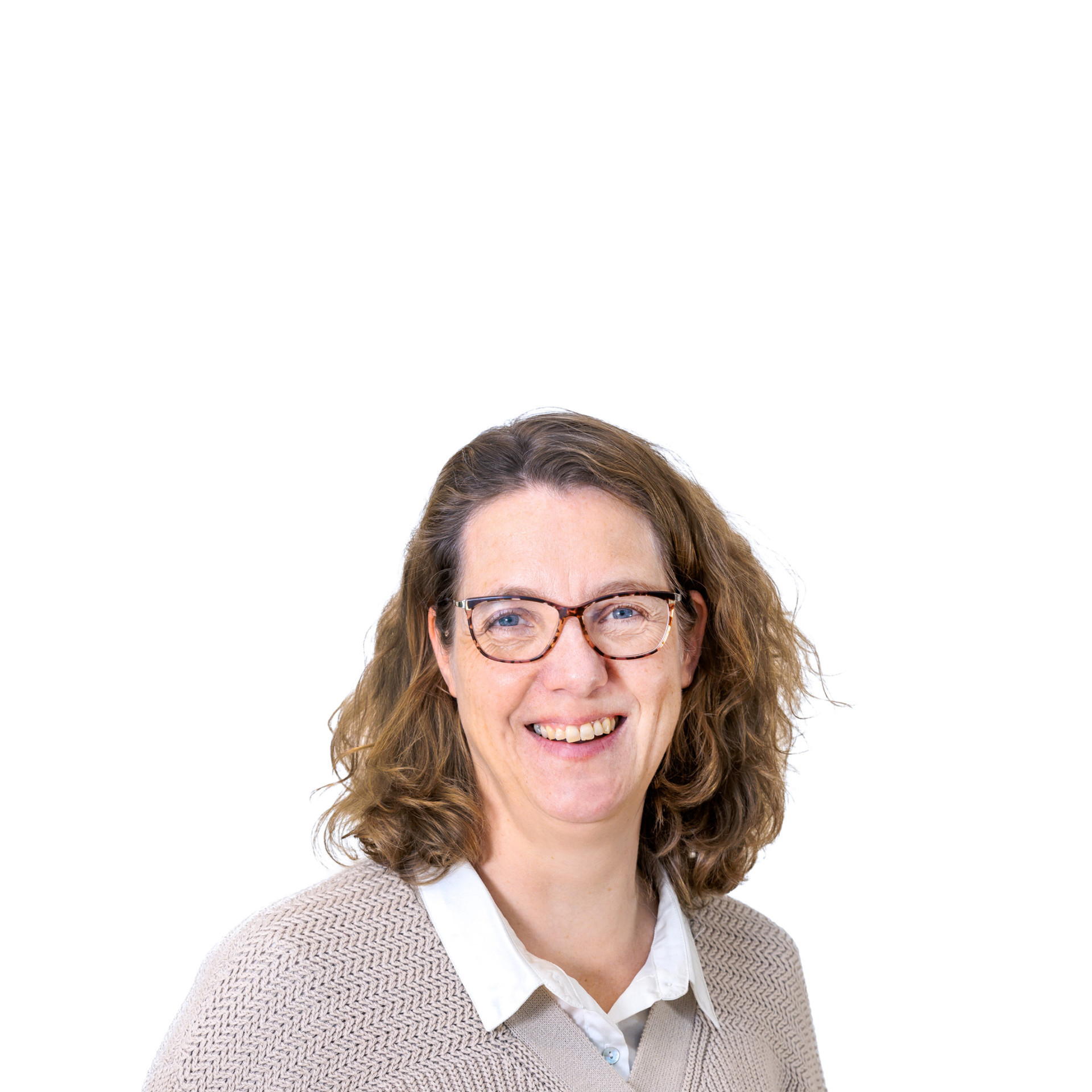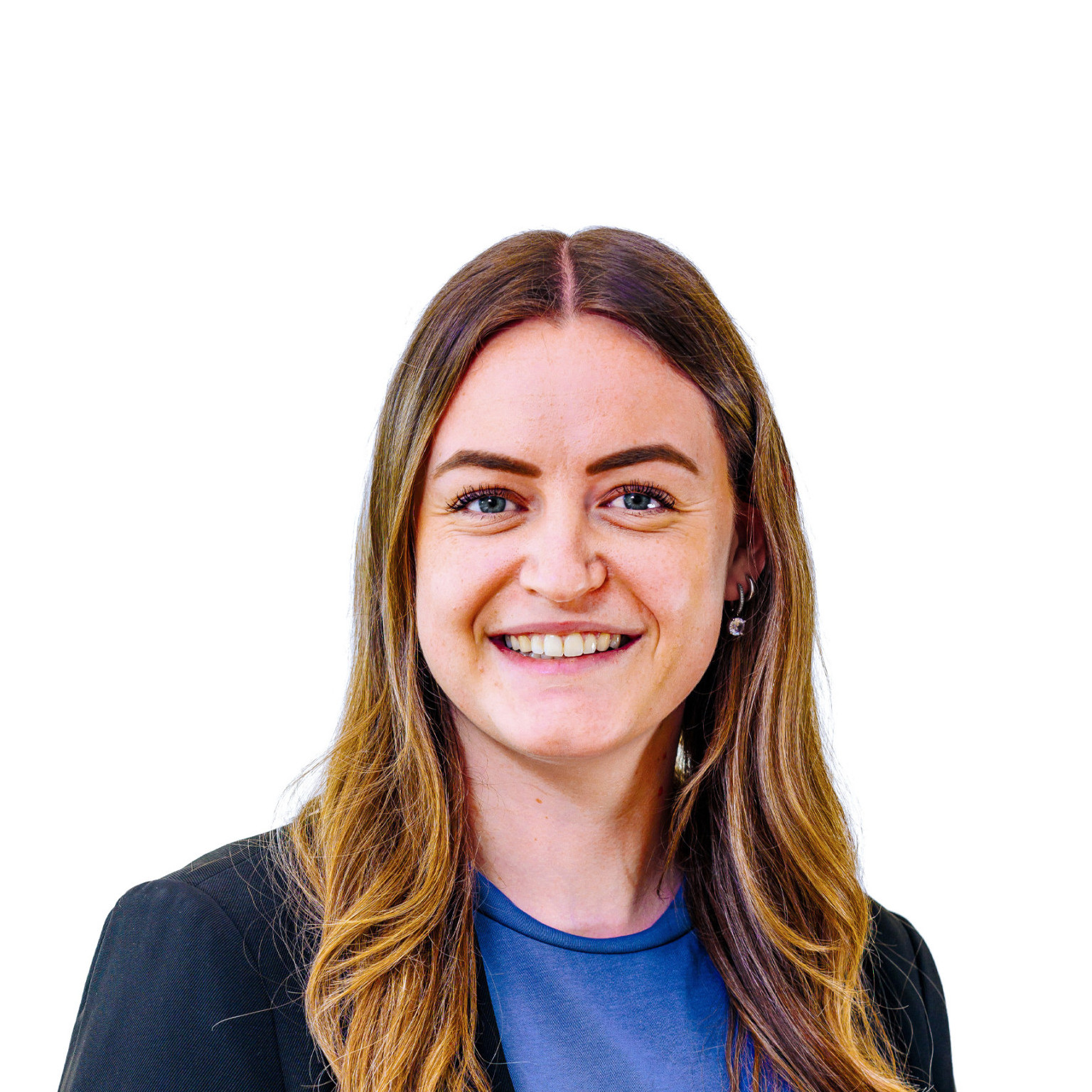Onderzoekgroepsleider: Dr. Wim Tissing
The last decades, survival of childhood cancer patients has increased substantially. However, anti-cancer treatment induces severe side effects and increases the burden of treatment for both children and parents. Supportive care is necessary to prevent or treat these side effects.
Our research group is based at the University Medical Center Groningen (UMCG) and the Princess Máxima Center for pediatric oncology. All research topics will be translated into evidence based practical guidelines to support health care professionals.
Focus
In the UMCG the group focuses on preclinical studies on pathophysiology and treatment options for gastrointestinal mucositis. Results from these studies will be further explored in clinical studies in the Princes Máxima Center for pediatric oncology. In the Princess Máxima Center for pediatric oncology the focuses are:- Nutrition / body composition / physical activity
Food intake and physical activity are affected during anti-cancer treatment. More knowledge is needed about nutritional requirements, the course of nutritional status, possible causes of inadequate food intake (i.e., smell and taste changes), and consequences of anti-cancer treatment (i.e., altered body composition) in order to develop new interventions. - Infections
Bacterial and fungal infections are an important cause of mortality during anti-cancer treatment. Better treatment options are necessary to prevent and treat this high risk pediatric population. - Palliative care
Many patients suffer from pain in the outpatient setting, with suboptimal pain management. In collaboration with the Grootenhuis group, new ways to improve communication between the patient and the hospital are studied. - Nausea and vomiting
A substantial number of patients still suffer from nausea and vomiting, despite the current anti emetic therapy options. New drugs and optimization of the existing therapy will be studied. - Clinical practice guidelines, improvement of care
To get the existing knowledge to the professional, taking care of the patients, evidence based guidelines are needed. We will develop new guidelines, and take care they are embedded in regular patient care.
Collaborations
To obtain our goals, we collaborate with several (inter)national groups:
- in studies with quality of life as one of the topics of interest, we collaborate with the Grootenhuis group.
- To develop clinical practice guidelines, we collaborate with the Kremer group.
- To test new drugs to improve supportive care, we collaborate with the Zwaan group.
- To improve prophylaxis and treatment of fungal infections, we collaborate with the group of Dr. R. Brüggemann at the Radboud university medical center Nijmegen.
- To study smell and taste changes in children with cancer, we collaborate with the group of Dr. R. Havermans at the Maastricht University.
- To develop international guidelines, we collaborate with IPOG - International guideline collaboration.
Publications
Dr. Wim Tissing's publications can be found on PubMed.- ESPE - Science symposium Hypothalamic Dysfunction in Childhood (2023)
- Improving imaging techniques for childhood craniopharyngioma to better predict hypothalamic outcome (2023-2027)
- ZonMW - Nurse, listen to the voice of children to improve their comfort: a validation and pre-implementation study about nausea assessment tools in children with cancer (2023-2026)
- Zeldzame ziekten fonds - Prediction blood stream infections based on the microbiome (2021-2025)
- ZonMW - Development and Evaluation of a National Network of Allied Health Professionals working with Children with Cancer to improve Participation and Quality of Life (KinderOncoNet) (2023-2027)
- KWF - Symptom management in children with advanced cancer: the development of a symptom app (2023-2027)
- KWF - The development of the Corsano EndoWatch; the smart wearable that helps to improve outcome of children and young adults with hypothalamic dysfunction after surviving a suprasellar brain tumour (2023-2027)
- KiKa - The Thyrodynamics study: is the dynamics of thyroid hormones during cancer treatment in children adaptive or disruptive? A prespective evaluation (2019-2023)
- SKMS - Guidelines for supportive care in children with cancer (2019-2023)
- Regiodeal Food valley - Nutrition in children with cancer (2021-2025)
- ZonMW - Decreasing pain in children with cancer by the use of a pain monitoring app (2018-2023)




